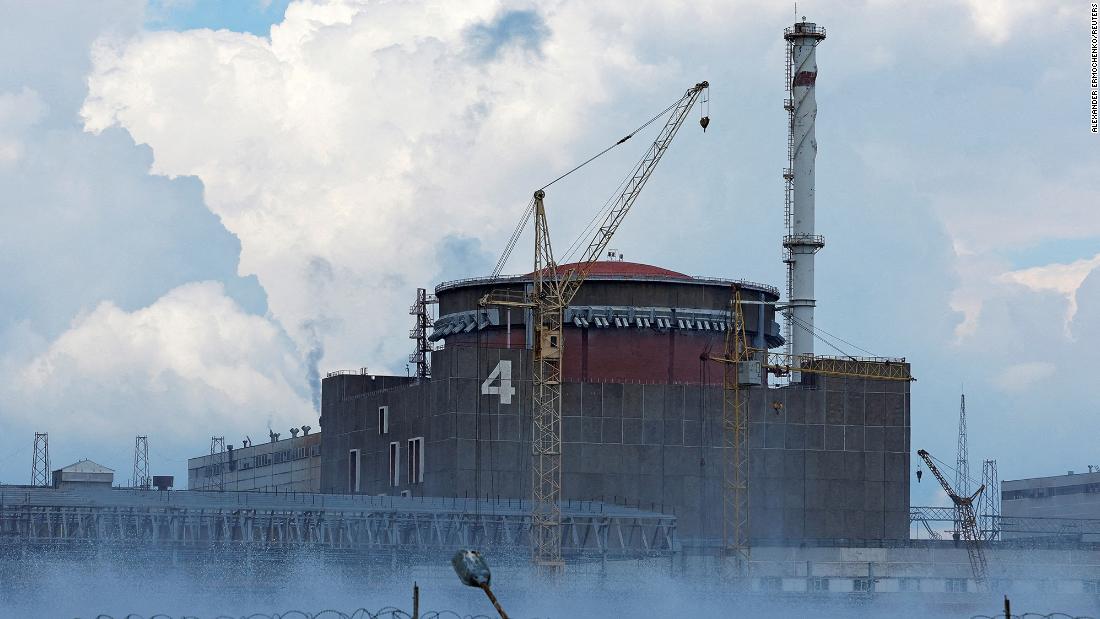A delegation from the International Atomic Energy Agency may be able to visit the Zaporizhzhia nuclear power plant in early September, according to Mikhail Ulyanov, the Russian representative in Vienna where the IAEA is based.
Ulyanov said during an online briefing on Friday: “It’s too early to say anything about the details, these are all extremely sensitive issues, we are discussing and will continue to discuss the modalities of the mission, the route, the number of people who will be involved in this, how long they will stay at the station, for what tasks they are there sent.”
“When the mission can take place — forecasts do not always come true, but, according to my feelings, we can quite realistically talk about the first days of September, unless some extraneous factors that are not related to the goals arise again,” Ulyanov said.
Ulyanov said that the organization of the mission is currently being discussed with the IAEA secretariat.
“Almost every day I communicate with the director general of the agency, Rafael Grossi … On Monday, he will appear here in Vienna, and work in this direction will intensify,” Ulyanov said.
The Russian and Ukrainian sides are at odds over the arrangements for such a visit. Ukrainian President Volodymyr Zelensky said Thursday an IAEA mission would have to travel only through territory not occupied by Russia.
As for the status of the plant, Ulyanov said: “So far, there are no serious consequences, but, as the IAEA director general rightly said at an extraordinary meeting of the UN Security Council a week ago, at any moment this could end badly,” Ulyanov said.
He said the situation at the plant was “extremely alarming. What the Ukrainian military is doing when shelling this nuclear facility is completely unacceptable,” he said.
Ukraine has denied shelling the area, and blamed Russia for doing so as a provocation. Some facilities at the plant have been damaged.
Ulyanov said he did not think the IAEA would support Ukraine’s insistence that a demilitarized zone around the plant be created.
“I think IAEA won’t support it, and for one simple reason — the creation of demilitarized zones has nothing to do with the IAEA’s mandate,” he said.
Russian officials have rejected the idea of demilitarizing the plant, saying that it needs to be protected.
Amid a steady stream of accusations by each side, Russian Deputy Foreign Minister Sergei Ryabkov said Friday that Ukrainian recklessness was to blame for posing “a threat to the largest nuclear facility in Europe with potential risks for a huge territory, not only adjacent to this plant, but far beyond the Ukrainian borders.”
“Our air defense systems in the region have been strengthened, we are taking all measures to ensure the safety of the station,” Ryabkov said, according to Russian state news agency TASS.
Ryabkov said that the presence of the Russian military guarding the nuclear plant was a guarantee that such a Chernobyl scenario would not be realized.















Discussion about this post